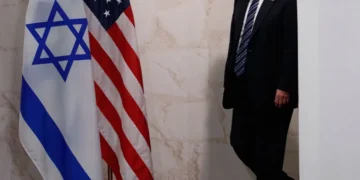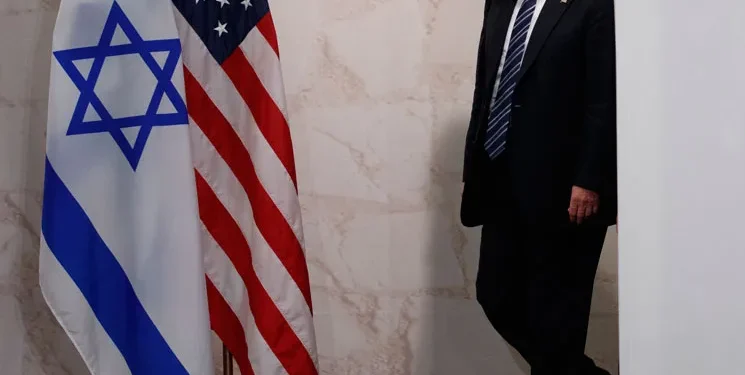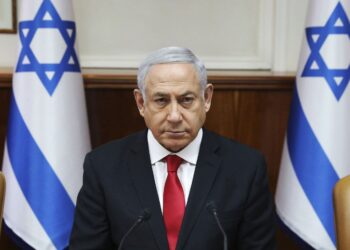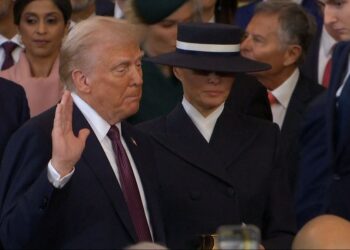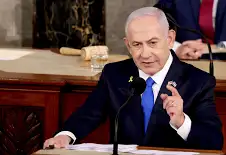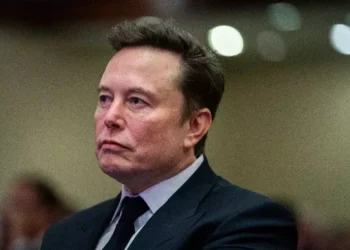Trump’s Statements on Israeli Hostages: Justice or Selective Morality?
Taking a Closer Look
Donald Trump’s recent statements are as bold as they are provocative. His threat to “OPEN THE GATES OF HELL” if Israeli hostages aren’t released before his inauguration forces us to ask: Is this an authentic plea for justice, or is it a carefully crafted political maneuver? Personally, I found myself wondering—why such urgency, and why now?
Why Only Israeli Hostages?
It’s impossible to ignore the selective nature of Trump’s focus here. Civilians are kidnapped, and human rights violations occur worldwide, yet his anger and determination seem reserved solely for Israeli citizens. Don’t get me wrong—standing up for hostages is admirable. But why only them?
This kind of selective outrage raises an uncomfortable question:
Is Trump’s passion for justice genuine, or is it motivated by long-standing political alliances and strategic interests?
Let’s be honest—his staunch support for Israel aligns perfectly with the U.S.’s historic relationship with the country. That said, prioritizing one group’s suffering over others risks making justice seem conditional, not universal. And isn’t justice supposed to be blind?
Does Threatening the Middle East Reflect Democratic Ideals?
Trump’s ultimatum—essentially “Do this, or else”—feels unsettlingly authoritarian, doesn’t it? Democracies thrive on dialogue, respect for sovereignty, and negotiation, not threats of retribution.
It makes me wonder: How does issuing threats to an entire region align with democratic principles? When a leader uses the weight of their office to escalate tensions rather than ease them, it feels less like diplomacy and more like dominance. Frankly, it’s hard not to question the real motives behind such rhetoric.
Trump: A Peacemaker or a Power Player?
Here’s where things get interesting—or frustrating, depending on how you look at it. Trump spent his entire campaign branding himself as a peacemaker, promising to reduce U.S. involvement in global conflicts. Now, with this kind of inflammatory rhetoric, you have to ask: Was it all just talk?
Are his actions really about promoting peace, or is this a bid to cement U.S. dominance in the region? To me, it’s hard to tell where the rhetoric ends and the real intentions begin.
Parallels with Biden’s Actions
Trump’s apparent flip-flop reminds me of President Biden’s recent decisions. Remember how Biden pledged to uphold the rule of law? Yet, he went on to pardon his son, Hunter—a move that many saw as hypocritical. Similarly, Trump, who campaigned against foreign entanglements, now hints at military intervention in the Middle East.
It’s a pattern we’ve seen before: Leaders making big promises only to walk them back once they’re in power. And frankly, it’s getting old.
Global Reactions and What Experts Are Saying
- Human Rights Advocates: They argue that Trump’s selective outrage ignores crises in Yemen, Sudan, and Afghanistan, where countless lives are at stake.
- Middle East Analysts: Many warn that his threats could backfire, destabilizing an already fragile region and inciting further violence.
- World Leaders: Some allies of Israel seem cautiously supportive, but others worry that such rhetoric undermines diplomatic efforts at a time when stability is desperately needed.
Conclusion: Trump’s Legacy at a Crossroads
At its core, this situation feels like a litmus test for modern American leadership. Is the U.S. truly committed to universal justice, or do its principles bend to fit political convenience?
Trump’s threats may fire up his base, but they also raise unsettling questions about his leadership style. Will history remember him as a champion of dialogue and peace—or as someone who wielded threats and power to achieve his goals?
The answer may define not only Trump’s presidency but also the global landscape for years to come.
